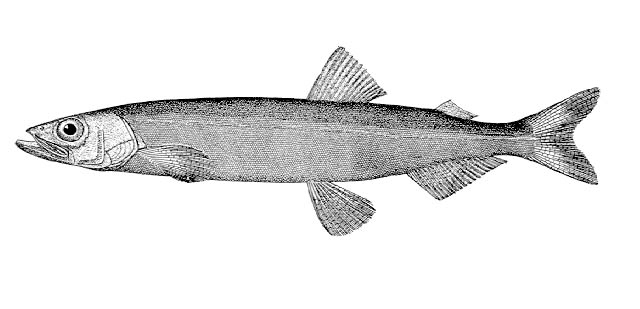Tell government leaders to close the commercial capelin fishery immediately.
Capelin are a keystone forage species found off the coast of northeast Newfoundland. These small schooling fish are a vital part of the food chain and serve a critical role in the health of the Atlantic Ocean ecosystem. Humpback whales, cod, puffins, and other wildlife depend on capelin for survival. However, they are critically depleted as a result of overfishing over the last three decades.
We must act now to rebuild this capelin population that so many lives depend on. SeaLegacy and Only One are joining forces with Oceana Canada to ask all of you to lend your signatures and take action now to change the future for capelin. The Canadian government will soon decide whether to continue overfishing capelin, and the time to act is now.
Raise your voices and demand that the government protects the species from overfishing.
Capelin populations collapsed in the early 1990s and have never been given the opportunity to recover. Fisheries and Oceans Canada estimates that the capelin population is currently only at six percent of what it was before their decline. Despite this, a commercial fishery is still allowed to operate in northeastern Newfoundland and Labrador, targeting the eggs (roe) of female capelin. This means that not only are adults being removed from the population but the next generation is now lost too. In 2021, nearly 15,000 metric tons of capelin were allocated to fishers, representing up to half a billion individual female capelin and up to 21 trillion eggs.
Oceana Canada found that in 2020, fishing mortality was nearly two times the level that would be considered sustainable for a critically depleted stock. Allocating this amount of biomass to fisheries would be in direct conflict with the conservation priorities of Fisheries and Oceans Canada.
Rebuilding the capelin population is vital for a healthy ocean and economy.
As the commercial harvest of capelin has been allowed to persist, there is no chance for the species to recover back to healthy population levels. Capelin are in a dire state with a poor outlook for the future unless the stock sees a significant shift in management from the government, to stop overfishing and develop an effective strategy to rebuild their populations. Until that happens, the survival of local seabirds, whales, commercially important stocks like cod and other marine life are put at risk.
Help us save capelin in northeast Newfoundland and ensure future generations inherit abundant marine ecosystems full of life.







